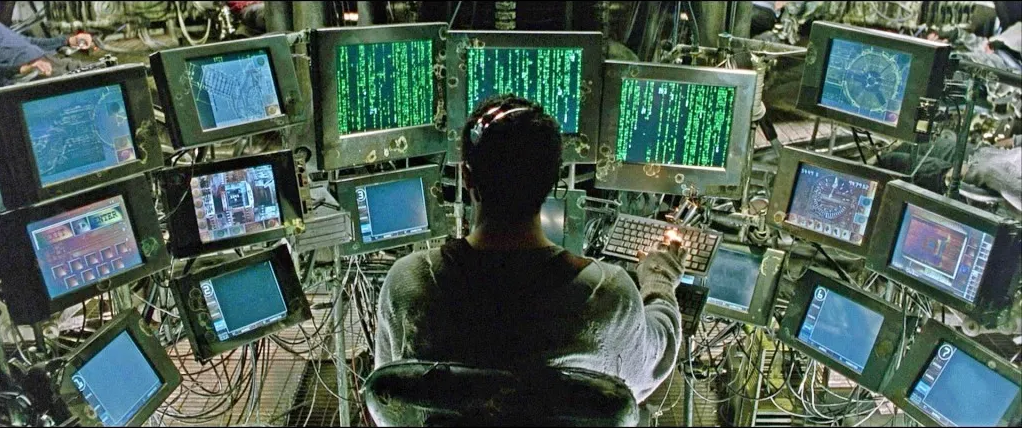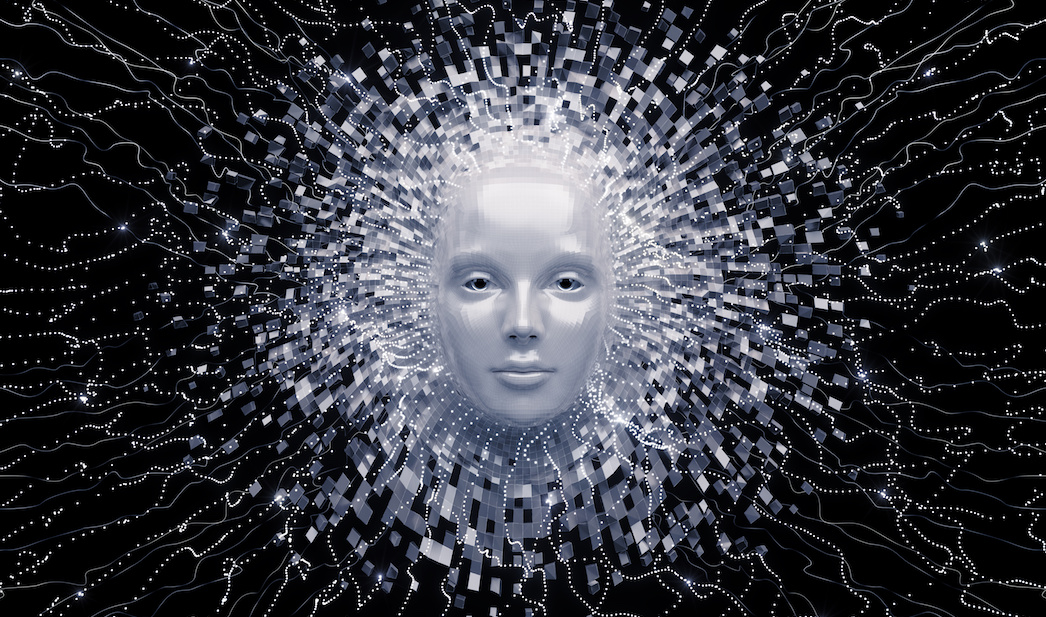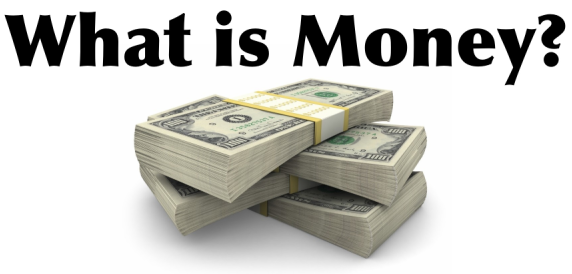
We wrote this article in an attempt to figure out what technical level gas turbine installations are currently at, as well as to understand what the prospects for their development are. At the same time, in our manuscript, we tried to consider an alternative energy conversion scheme that will increase energy efficiency, which will allow for more efficient use of natural resources. We are not completely sure that the alternative scheme presented by us will be workable, since many factors that may affect its operation have not yet been investigated. But as the Chinese philosopher said, "you can't travel a thousand li without taking the first step." We ask the Habr community to read our article, we hope for a constructive conversation.







